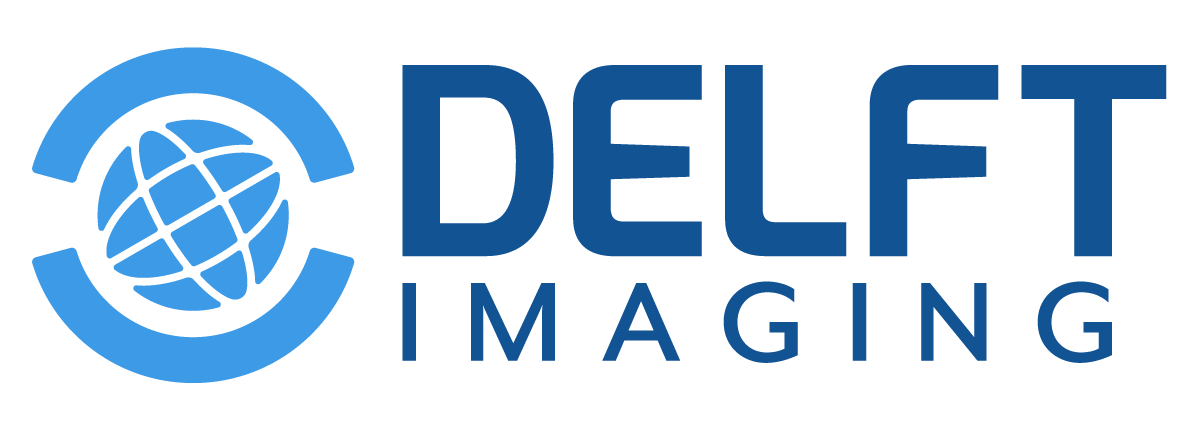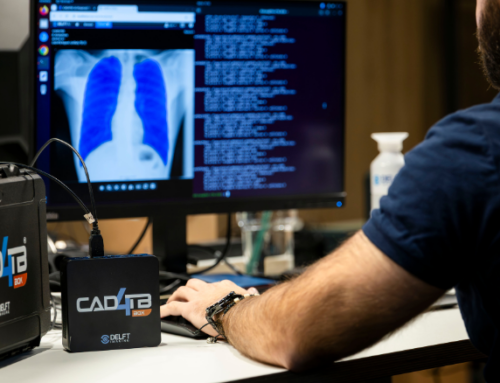Tuberculosis (TB) remains a significant public health challenge, especially in low-resource settings like Ghana. The recent Delft Webinar featuring Dr. Yaw Adusi-Poku, the National TB Control Programme Manager for the Ghana Health Service, shed light on innovative strategies and technologies being employed to enhance TB screening and treatment.
The TB Challenge in Ghana
Ghana faces significant hurdles in the fight against TB, including limited resources and a high TB burden. Traditional methods of TB detection, which rely heavily on symptoms and sputum tests, often fall short in identifying asymptomatic cases.
Introduction of Digital X-Ray and CAD4TB
Ghana introduced digital X-ray technology integrated with CAD4TB (Computer-Aided Detection for TB) to enhance its TB screening efforts. This initiative, supported by the Ghana Health Service, the Aurum Institute, the WHO Ghana Country Office, and the West African regional network of TB scientists, marked a significant step forward in TB control.
Dr. Adusi-Poku highlighted that “Ghana was a pioneer in the Delft Imaging and CAD4TB and this has gone a long way to help Ghana.”
Results from the Pilot Study
The pilot study, conducted at ART centers, aimed to systematically screen TB among patients living with HIV (PLHIV). The use of digital X-ray with CAD4TB proved to be a game-changer. Key results from the pilot included:
- A TB yield of 2% among the 2,639 PLHIV screened.
- Diagnosis via digital X-ray and symptoms screening accounted for 81% of TB cases.
- 26% of TB cases were asymptomatic, detected solely through X-ray.
Dr. Adusi-Poku stated, “The TB yield was 2% and those asymptomatic just using x-ray alone was 26%.”
Scaling Up TB Preventive Therapy
Building on the success of the pilot, Ghana scaled up its TPT efforts nationwide in 2020, extending coverage to TB contacts. The introduction of a shorter TPT regimen (3HP) alongside the traditional isoniazid regimen further streamlined the treatment process.
Dr. Adusi-Poku explained, “We scale up this in 2020 to include contact of TB patients. We had to build capacity at that time virtually because of the COVID, the impact of COVID.”
Addressing Challenges and Moving Forward
Challenges remain, including the limited availability of digital X-ray units and issues with data capture. To address these, Ghana is adopting a targeted hotspot screening strategy for 2024. This involves deploying digital X-rays to high-risk areas such as slums, prisons, and mining communities.
Dr. Adusi-Poku mentioned, “The strategy in 2024 is to introduce the concept of hotspots… What we will do is to move our digital x-rays in advance into this Ashanti region.”
Ghana’s experience demonstrates the transformative potential of advanced technologies like digital X-rays and AI in TB control. By enhancing screening capabilities and ensuring timely, accurate diagnosis, these innovations are crucial in bridging healthcare gaps in low-resource settings.



